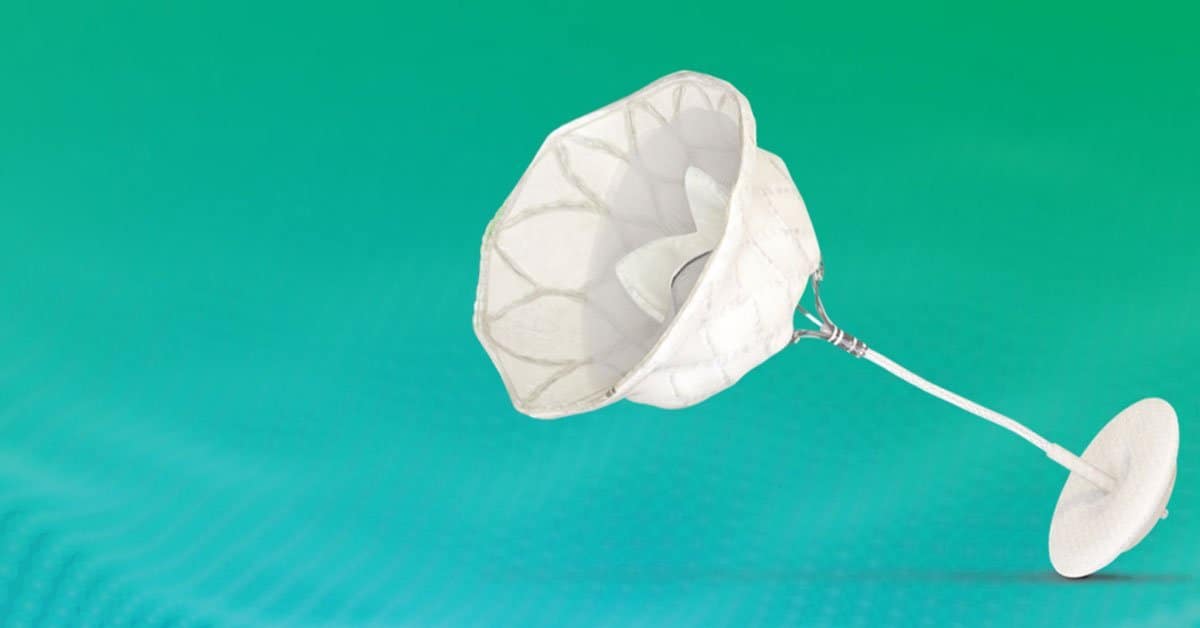There are over 70 million chest X-rays performed in the U.S. every year, and a pair of new studies highlighted how AI could be used to “opportunistically screen” these exams for undetected cardiovascular disease.
A Mass General Brigham team writing in the Annals of Internal Medicine detailed how their deep learning system was able to identify patients with greater 10-year risks of experiencing major cardiovascular events by analyzing their chest X-rays.
The researchers developed their ‘CXR CVD-Risk’ model using chest X-rays sourced from a cancer screening trial, and then externally validated the AI model against 11,000 patients’ CXRs.
- Among the patients with unknown ASCVD risks, those who received a 7.5% or higher CXR CVD-Risk estimate had a 73% greater adjusted 10-year risk of MACE than patients with estimates below 7.5%.
- Among the patients with known ASCVD risks, the AI model added to the MACE-prediction accuracy of their traditional ASCVD risk scores (adjusted HR = 1.88).
A Columbia University team writing in the European Heart Journal showed that CXR deep learning algorithms can also be used to identify patients with left ventricular structural abnormalities that might be signs of heart failure.
The researchers developed their algorithm using 71,589 unique CXRs from 24,689 patients, along with the patients’ echocardiogram labels for two structural abnormalities: left ventricular hypertrophy (SLVH) and dilated left ventricle (DLV).
- When tested against 3,667 CXRs from an internal Columbia dataset, the model detected patients with SLVH, DLV, or either of the abnormalities with relatively high AUCs (0.79, 0.80, 0.80).
- When validated against 8,003 CXRs from an external Stanford dataset, the model detected patients with SLVH, DLV, or either of the abnormalities with lower but still decent AUCs (0.67, 0.78, 0.76).
- The model also outperformed 15 board-certified radiologists’ visual assessments to detect patients with either SLVH or DLV, with 71% sensitivity (vs. 66%) at a fixed specificity of 73%.
The Takeaway
We’ve already seen significant progress in using chest CT scans to opportunistically screen for patients with undetected coronary artery calcium. But considering the massive volume of chest X-rays performed each year, solutions like these could have a major impact – especially as algorithm accuracy and post-detection workflows continue to evolve.





